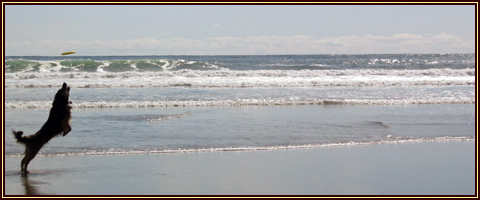Keeping Your Horse Happy And Health
Owning a pony is not a simple matter. You are responsible for providing for your pony, for meeting all of its necessary needs. It isn’t a case of simply supplying food, shelter and exercise, either. There are a large amount of smaller needs that may not individually seem to be of great consequence, but are easily as urgent as the basic essentials of food and shelter.
You are doing your horse no good if you keep it confined inside throughout the day. Your pony must be exercised each day; he should be out in the open air for some time, free to do his thing. If you keep your horse in all of the time, he is going to develop physical and psychological issues, undesirable issues like cribbing, weaving, wall kicking, eating feces and tail gnawing. Nature made the horse an outdoor creature, and you should try your best to let nature have her way at least to the extent it is feasible for you to do so. When your pony gets time out in a pasture, he gets a chance to let off steam and work out his kinks, physical and mental. When he gets a regular chance to romp and play, he is going to be less rebellious when you’re in the saddle!
You get a very content and healthy pony when you give it due overall care. Keeping your pony in physical and psychological peak form requires you paying attention to obscure care aspects of horse ownership.
Treat your pony to high quality hay and grain. Feed him all requisite supplements regularly: get an idea of what these supplements are from your vet, who will make his recommendations based totally on your horse’s age, health and level of activity. The dietary needs of horses undergo changes as they age, so keep up to date on what is the best for your horse at any given time. If you have put up your pony at an equestrian house, you get sound information on your horse’s supplement needs from the owner or the manager.
You have to maintain hygiene with your pony, and part of correct hygienic practice is to change your horse’s bedding each day. You do not need your horse wallowing in his own refuse. Unhygienic environments are an open invitation to hoof and respiratory illnesses.
You need to get your horse’s teeth looked at regularly; the older he gets, the more the frequency of inspections should be. Horses ‘ teeth show the effects of time and use, they can develop conditions that cause great agony. Under these circumstances, the pony might have trouble in feeding and definitely will resist your efforts to put a bit in his mouth.
The best duration for inspecting your horse’s feet is daily. If his shoes don’t fit well, he is going to suffer long-term from damage brought about by asymmetrical wear and tear. If feet problems are allowed to worsen, they will end up in lameness. Bad shoeing causes corns and fetlock damage.
As a pony owner, you have to adjust yourself to one thing: you’ll be spending a lot on vet services even when your horse is top health. You need to give him his regular deworming and vaccinations. You have to ensure routine health checkups are made on schedule.
Horses are social herd animals. They don’t adapt well to the life of a loner, and enforced loneliness will bring about great depression. If you use a stable, ensure that it’s a credible one where your horse will find not just good care, but also the steady companionship of others of his breed.
Horses are Heather Toms’ passion and she enjoys sharing her extensive knowledge through her 100’s of articles with other horse lovers… like all things about riding hats







